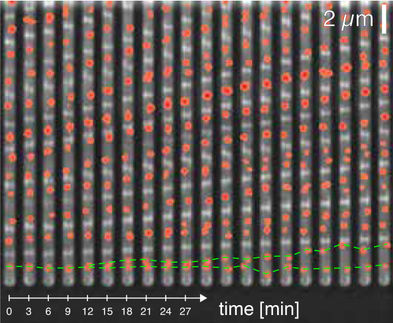New antibacterials being developed to tackle MRSA superbug
Prolysis receives a £3.48 million Seeding Drug Discovery award from the Wellcome Trust
Advertisement
A novel antibacterial medicine that kills Methicillin-resistant Staphylococcus aureus (MRSA) is being developed under a new scheme launched by the Wellcome Trust. The Seeding Drug Discovery initiative is aimed at catalysing the development of new drugs in areas of unmet need. Prolysis has received one of three inaugural Seeding Drug Discovery awards for its new antibacterial compounds aimed at tackling life-threatening, drug-resistant infections caused by staphylococci, including MRSA.
The bacterium Staphylococcus aureus can infect wounds, including those resulting from medical procedures conducted in hospitals. It may then spread further into the body and cause serious infections such as blood poisoning. MRSA is a form of the bacterium that is resistant to the drug methicillin and a number of other antibiotics and tends to be more difficult to treat.
The compounds being developed by Prolysis under the award from the Wellcome Trust block the ability of the MRSA bacteria to divide and multiply. They do this by inhibiting the function of the bacterium's FtsZ protein, which is essential for cell division. FtsZ is not found in humans so targeting a unique protein like this should reduce the likelihood of side-effects in patients. Because of the novel mode of action of the new class of compounds, the levels of resistance in the bacterial population should be extremely low if a new drug was to emerge from this programme.
Other news from the department research and development

Get the life science industry in your inbox
By submitting this form you agree that LUMITOS AG will send you the newsletter(s) selected above by email. Your data will not be passed on to third parties. Your data will be stored and processed in accordance with our data protection regulations. LUMITOS may contact you by email for the purpose of advertising or market and opinion surveys. You can revoke your consent at any time without giving reasons to LUMITOS AG, Ernst-Augustin-Str. 2, 12489 Berlin, Germany or by e-mail at revoke@lumitos.com with effect for the future. In addition, each email contains a link to unsubscribe from the corresponding newsletter.



















































